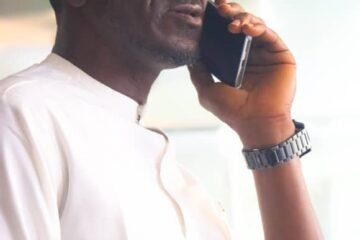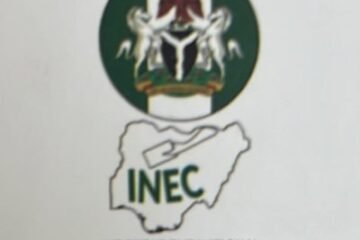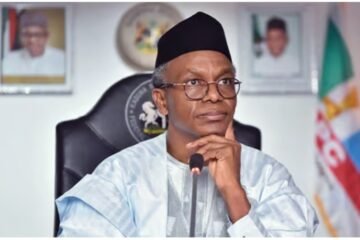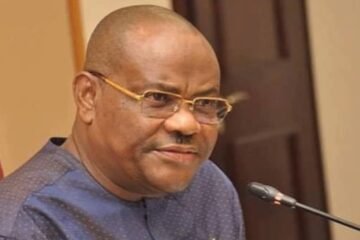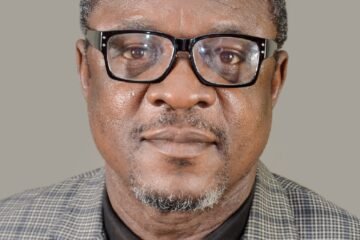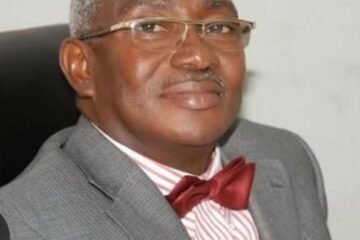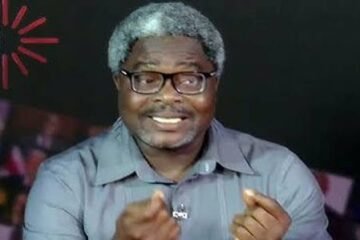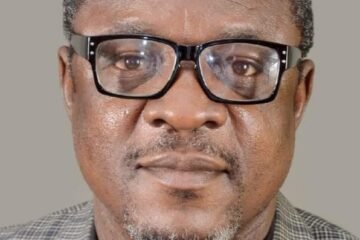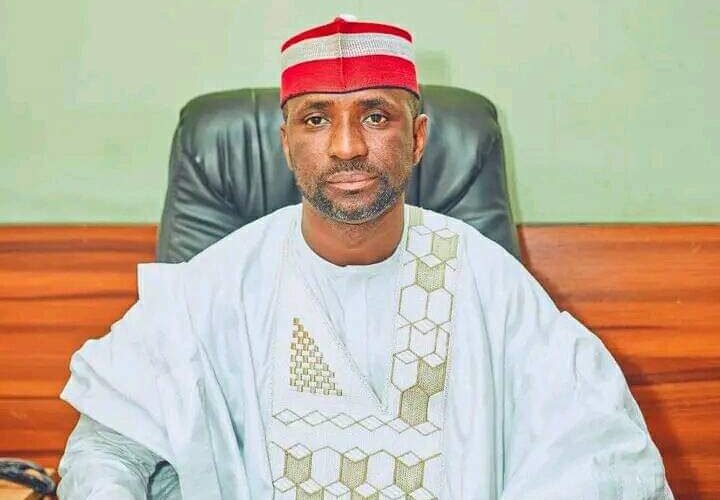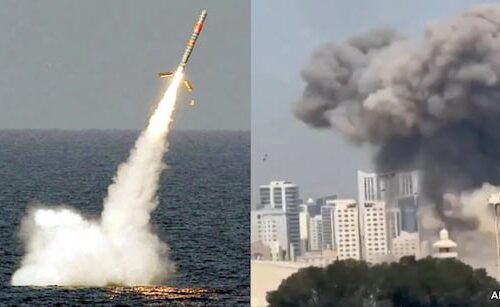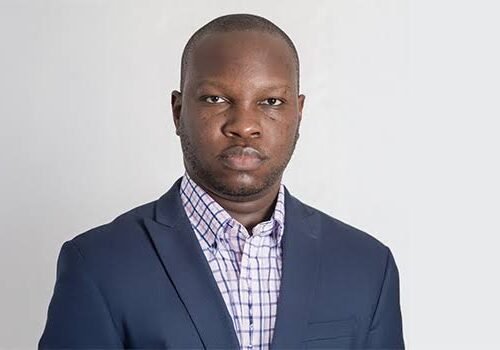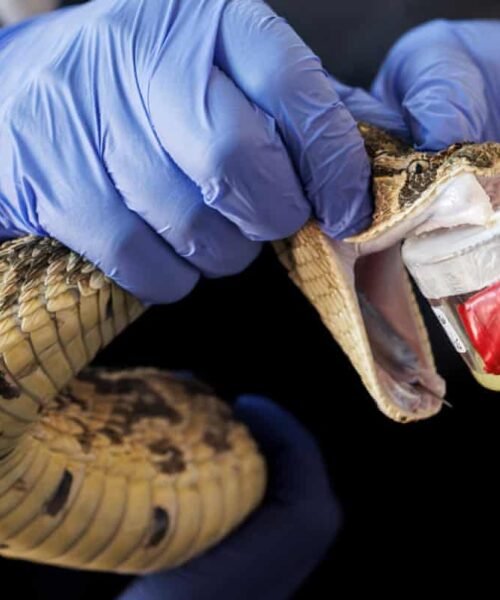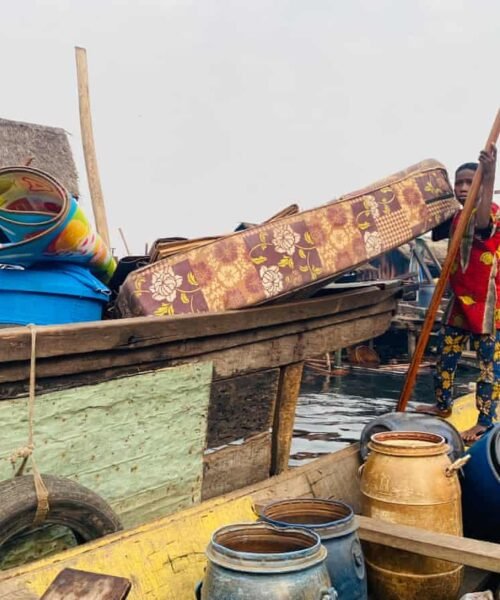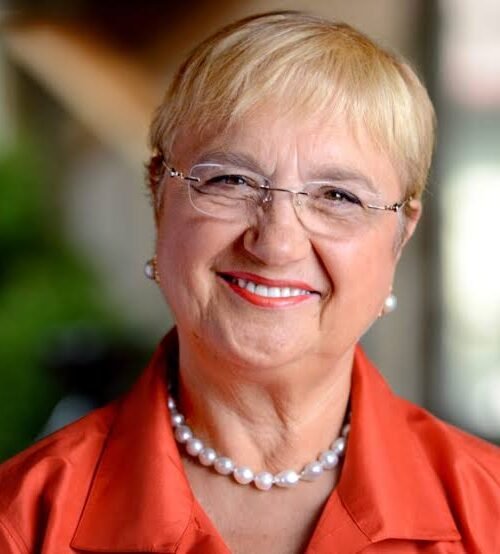By Sani Bala Karo, Kano
A couple of weeks ago, Kano State made a historic,era-defining outing at the North-West Zonal Meeting of agencies saddled with the responsibility of providing water, sanitation and hygiene services (WASH) in the seven states of the zone.
During the meeting, Kano State Rural Water Supply and Sanitation Agency (RUWASA) under Engr. Shamwilu Abdulkadir Isa, the Managing Director (MD), surprised everyone in the hall by announcing that 20 Local Government Areas (LGAs) in the State have been certified free of open defecation, all at once, while six others were expecting certification soon.
The free LGAs are Gezawa, Kiru, Rano, Dawakin Kudu, Albasu, Shanono, and Bagwai.
The list also included Ungoggo, Gaya, Ajingi, Gabasawa, Kura and Gari.
Others were Dawakin Tofa, Rimin Gado, Minjibir, Kumbotso, Madobi, Karaye and Takai.
The six awaiting certification are Doguwa, Tudun Wada, Sumaila, Bebeji, Bunkure and Tofa.
Those familiar with WASH matters in the country, especially the aspect of open defecation, which are frequently reported on the media, may recall that Nigeria joined the United Nations (UN) global campaign against open defecation in line with Goal 6 of the Sustainable Development Goals (SDGs).
Nigeria came to infamous limelight in the practice of open defecation in 2018 when she was ranked second highest after India in open defecation in the world.
By 2019, Nigeria topped the list, displacing India,thus leading the world in open defecation –an inglorious feat.
Deeply peeved by this, the Federal Government (FG), in a frantic move to address the menace, declared a state of emergency on open defecation.
It similarly launched a campaign machinery known as Clean Nigeria: Use the Toilet, under the Office of the Vice President, who chairs the National Steering Committee, to craft a practicable roadmap towards achieving open defecation-free (ODF) status for the country by the year 2025.
Subsequently galvanized, many states across the federation were able to key in to the campaign with some notching up really remarkable achievements.
These states included Jigawa, Katsina, Kano, and Kaduna, all of which are now adjudged to be the leading champions in the country.
Jigawa had already distinguished itself as the first state to attain statewide ODF status, followed by Katsina State with 30 LGAs, with just one LGA not yet covered.
Kaduna trailed with 10 LGAs before Kano State in its own unique style of driving the agenda, displaced Kaduna from the third position.
One may ask, how did Kano do it? From my findings, observers of the contest recounted that while all the winning states were able to cross the line in several phases –a development that took years –,Kano State swiftly made her own submission in one phase.
This much was corroborated by National Coordinator for Clean Nigeria Campaign secretariat, Mrs. Chizoba Opara.
Clean Nigeria Campaign is the campaign launched by then-President Muhammadu Buhari in 2018, in demonstration of political will at the highest possible level in the country, to jump-start the country’s journey towards attainment of the ODF status by 2025.
Involved in the campaign are an international non-governmental organization (NGO) focused on improving WASH in developing countries, WaterAid; the Federal Ministry of Water Resources; development partners; civil society organizations (CSOs); the media; and the private sector.
Opara stated during the review session of the North-West Zonal Meeting that “this is the first time a single state presented such a large number of LGAs for certification in ODF.”
With the number presented, Kano State now occupies third position after Jigawa and Katsina.
According to Opara, there are 148 certified LGAs in the country and, interestingly, 103 are in the North-West, while the remaining 48 are spread across the country’s six geopolitical zones.
It was in recognition of Kano’s wonderful feat that State Governor Abba Kabir Yusuf was honoured with Great Achiever of the Year Award by the Federal Ministry of Water Resources and Sanitation (that is, the FG) while the state’s certified 20 LGAs received their respective Awards through their Council Chairmen.
Governor Yusuf, who received the Award through the state’s Deputy Governor, Aminu Abdussalam Gwarzo, described the gesture as one of great pride for him and the people of the state.
He appreciated the stakeholders for recognizing the state’s performance in the fight against open defecation, reiterating the administration’s resolve to make the state ODF by 2026 as the state government is more committed to better funding of the sector, strengthening sanitation laws and regulations as well as deploying sanitary inspectors across the state.
Residents of the state have been sending kudos to the governor.
Against the backdrop of these, it is time now to celebrate the unsung heroes. I personally believe that to achieve such a feat, apart from the political will, it requires an efficient bureaucracy and a responsive citizenry.
And permit me to say, such faultless-operating, highly committed, effective top bureaucrat galvanizing things, is what Governor Yusuf is blessed with in a competent hand in the person of Engr. Shamwilu Abdulkadir Isa, MD of the State’s Rural Water Supply and Sanitation Agency (RUWASA), and his team.
He came on board in 2023 without any single LGA in the state certified as ODF; that was four years after the declaration of state of emergency on open defecation in Nigeria.
Interestingly, states like Jigawa and Katsina at that time, had raced clear and far in the marathon.
As Chief Executive Officer (CEO) of the Agency, Engr. Isa mapped out a new, strategic plan and worked assiduously to achieve his targets.
About the first half of last year, I remember, almost all the LGAs we are talking about now were validated by the National Task Group on Sanitation. His was a sprint,not a marathon.
Aside the ODF accomplishment, Engr. Isa has commissioned about 50 water schemes in rural and peri-urban areas of the State. I learned that most of the boreholes are solar-powered –his own style of doing the best in line with global trend of making water more accessible and a lot easier to use for needy communities.
The water schemes necessarily make it well nigh impossible for communities to revert to the unhealthy, loathed open defecation status.
Furthermore, the Agency then trained borehole technicians and artisans for repairs and maintenance of the water schemes in line with VLOM initiative.
The Village Level Operation and Maintenance (VLOM) initiative is a strategy focused on empowering communities to manage and maintain their water and sanitation facilities, particularly hand pumps and boreholes, at the local level.
Such approach aims to improve the functionality and sustainability of these facilities, ensuring access to clean water and sanitation for rural populations.
In the area of hygiene promotion, Kano State RUWASA boasts of seasoned officers at managerial and field levels in community mobilization.
The workforce, along with sanitation officers, forms the bedrock of the WASH programme and contributes immensely to saving lives in communities where water-related diseases posed a great threat.
Another group worth mentioning here also, comprised Planners and Information Officers who collect, collate and organize data as well as manage information for guidance and public enlightenment, to mention but a few tasks.
Indeed, all staff of various cadres contribute one vital competency or the other,which harmoniously dovetail into accomplishing of corporate goals.
Talking about responsive citizenry, the state is lucky to have in Kano people, civil and accommodating communities. It is a known fact that wherever the field officers visited or stepped into communities and households, they are well received and listened to.
This is crucial as the feedback was appreciable and encouraging due to the behavioral change pattern of the people.
I have seen this: when Engr. Isa led participants to a town, Tofa, in Gezawa LGA on a field visit. The town has approximately about 200 households, but every nook and cranny of the place was spick and span just as the inhabitants too, especially children, looked neat and accommodating.
The town has, among others, a standard sanitation facility built by United States Agency for International Development (USAID), many hand pump boreholes spread all over the community in addition to one solar-powered water scheme for large scale water use and consumption.
I remember one interesting scene when Engr. Isa was invited to address the gathering. The moment he alighted from his vehicle, the residents broke out in joyful cheers of Mai rijiya ya zo (Hausa language for ‘the borehole man has come again’). I asked an elderly man standing by my side: “So you people know the man?”
He answered in the affirmative, adding that Engr. Isa has been renowned in the town for many years right from when he was a young officer in charge of drilling and maintenance of water schemes around the area and beyond.
This tells stories of how deep the Agency has gone in its relationship with the grassroots.
So, in my opinion, credit for the feat Kano State RUWASA has achieved in the fight against open defecation so far, could also be extended to communities the agency has been working with.
These grassroots residents have demonstrated cooperation and understanding of the WASH programme –a cheery development which is encouraging the remaining 19 LGAs waiting to breast the tape so that the state can become totally free of open defecation.

